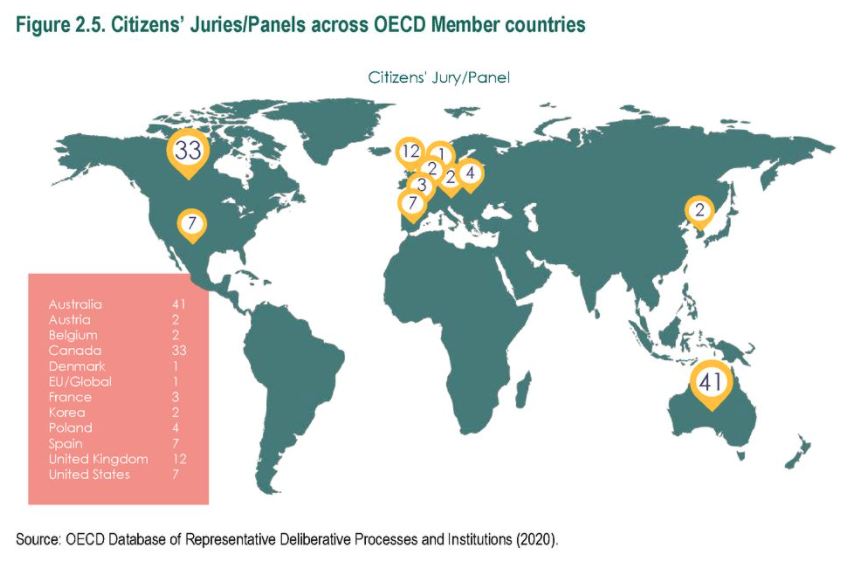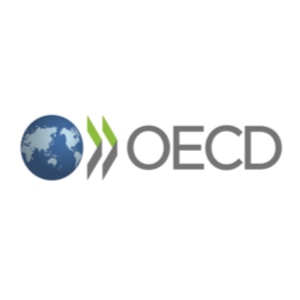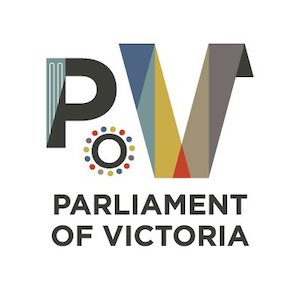You can read the full report here and highlights here.
The OECD has collected evidence and data that support the idea that citizen participation in public decision making can deliver better policies, strengthen democracy, and build trust. This report focuses on representative deliberative processes in particular, as part of a wider effort by democratic institutions to become more participatory and open to informed citizen input and collective intelligence.
It is the first empirical comparative study that analyses how representative deliberative processes (such as Citizens’ Assemblies and Juries) are being used for public decision making around the world.”
Drawing on data collected from 289 case studies (282 from OECD countries) from 1986 to October 2019, and in collaboration with an international advisory group, the OECD has identified twelve distinct models of deliberative processes, evaluated what a ‘successful’ process entails, developed good practice principles, and explored three routes to institutionalising citizen deliberation.

Public authorities across the world and at all levels of government have used around 300 Citizens’ Assemblies, Juries, and Panels to involve citizens in tackling complex policy problems.
The “deliberative wave” has been building since the 1980s, gaining momentum since 2010. OECD estimates suggest that a further 30–40 processes were ongoing or announced after October 2019.
Recently, ambitious public institutions have moved from projects to permanence.
They are doing so by creating new deliberative democratic institutions like the Ostbelgien Citizens’ Council — 24 citizens selected by civic lottery to hold agenda-setting power. There are 14 examples — from Austria, Belgium, Canada, Japan, Poland, Spain, the US — where public deliberation has been embedded into policy-making cycles and governance arrangements to make it a core part of how public decisions are taken.
Urban planning (43 examples), health (32), environment (29), strategic planning (26) and infrastructure (26) are top policy areas for which governments have commissioned representative deliberative processes.
These issues are particularly salient in light of the coronavirus crisis as governments make efforts to square their ambitions for green deals with needs to restart their economies and begin to make structural changes in light of the need for physical distancing. While these are technical issues, they are driven by values and involve many trade-offs. As governments are facing increasing pressure about lockdown exit strategies, transition measures, and long-term questions about our future societies and economies, representative deliberative processes like Citizens’ Assemblies could help them take these hard decisions with greater legitimacy.
You can view the full report and highlights on the OECD website here.



